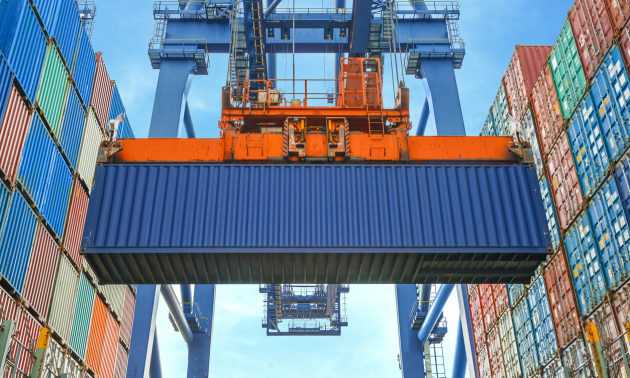China truce in doubt, small American firms brace for tariff barrel bomb
28 July, 2018

There was an air of desperation about panelists testifying before American trade officials this week, ahead of the imposition of tariffs on another hastily selected list of Chinese goods. The future of a diverse group of businesses, including family-owned companies that have been built from the ground up over generations, was hanging in the balance.
Over two days, representatives from around eighty businesses and trade groups spoke about the dire consequences should the Trump administration impose import taxes on a list of goods that was characterized as indiscriminate. The tactics would not be effective in getting China to change its practices but would hurt American companies, testimony after testimony agreed.
Beyond the stories of individual firms, tariffs on certain Chinese products could threaten the competitiveness of entire industries in the US, some contended.
“Due to shale gas and the lower cost to produce and export chemicals, US chemical manufacturers are competitively advantaged – IF there are no US tariffs, and China does not retaliate,” said Ed Bryztwa, Director of International Trade at the American Chemistry Council.
“These duties, if applied, would cause disproportionate economic harm to US interests, including small and medium-sized enterprises and consumers,” Bryztwa added, cautioning that an escalation to further impose tariffs on US$200 billion in Chinese goods would be catastrophic for the industry.
While headlines have often focused on large multinational corporations, in many cases small businesses have fewer options for adapting to a disruption in supply chains, as equities strategists at Barclays wrote earlier this month. With thin earnings margins and a higher import to sales ratio, smaller companies rely significantly on foreign inputs, especially from China.
During the hearing, trade officials spent much of their time probing the witnesses on whether they could import needed goods from sources outside of China, to which there was a resounding answer.
All of the panelists asked said either that there were no alternatives to Chinese goods, or it would put firms at a significant disadvantage versus foreign competitors, including those in China.
In the case of shipping containers, which are purchased for a wide range of uses in the domestic US market, including storage, transportation, and military use, 97% are manufactured by China.
Christopher Miner, general counsel for portable storage firm Mobile Mini, echoed remarks of another panelist, recounting that “In my 20 years [working in the industry], I have never seen a container hit US shores that was made anywhere besides China.”
Importantly, the panelists stressed, America has never been a source of this product and there are no current or potential competitors for Chinese producers.
While sending shockwaves through a wide swath of American businesses, tariffs on many of the Chinese products listed will do nothing to change China’s trade practices, much of the testimony concluded.
It is unclear whether the Trump administration will heed the advice of the businesses specifying reasons why certain products should be removed from the list of US$16 billion in Chinese products. If the duties are imposed, as is widely expected, it will bring the total value of imports being taxed in the recent trade war escalation to US$50 billion.
The hearing underscored the degree to which, as more and more types of goods are subject to the trade sanctions, fewer businesses will be able to survive unscathed. While the White House has unveiled an aid package for American farmers who were the main target of retaliatory tariffs from China, every escalation will envelope more sectors, disproportionately affecting small businesses that will have no recourse.
After the hearing adjourned, news of a possible breakthrough in trade talks between the Trump administration and the European Union, somewhat ironically, led to more anxiety about tariffs – for those who are focused on trade talks with China. While the threat of auto tariffs subsided, some saw the news as a sign that the White House will place more focus on pressuring China.
“We are worried about the bigger picture,” Bryztwa said of businesses that rely on imports of plastics and chemicals. “They’re telling us they are deeply concerned about the impact of [these first rounds of tariffs], and they are even more concerned about what’s coming down the road.”
